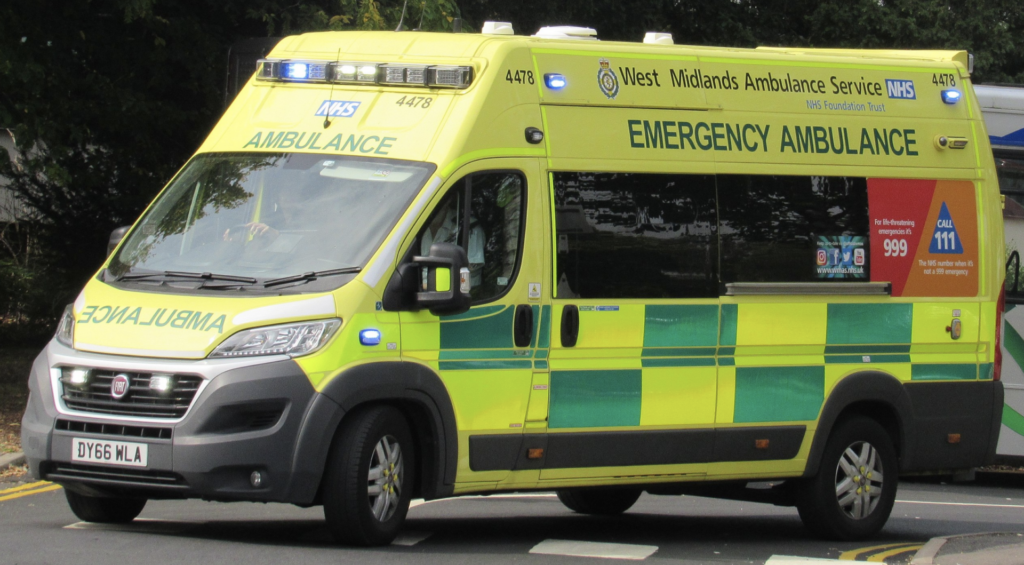As the United Kingdom sees extended strikes in the coming days and weeks, the British army will intervene to manage the situation in affected sectors. At least 1,200 soldiers will be deployed in the healthcare and border surveillance sectors, the government has confirmed.
At least 600 military personnel who can drive ambulances will provide these services when paramedics go on strike between 21 and 28 December.
This is the “number one priority”, according to Health Minister Steven Barclay, speaking in a statement. Other soldiers will be deployed at airports to ensure that travel remains possible over the busy holiday period while customs officers will be on strike for several days. Some UK airports have already provided special training to the military for this purpose.
Have a look at the below Photo - speaks volumes doesn’t it! This is what 12 years of #goverment that’s only interested in it’s own MPs pay and expenses looks like.
I’d call that a national strike wouldn’t you? #nhsstrike #goverment #unions #solidarity #nationalstrike pic.twitter.com/LtH2MYGg5m — SWAAHB UNISON (@SWAAHBUNISON) December 18, 2022
The country has seen widespread strikes in numerous sectors, including rail and healthcare. With inflation approaching 11%, the purchasing power of many Britons has taken a heavy blow. Unlike Belgium, the UK does not have a system of automatic wage indexation and the government has been reluctant to grant salary increases to those in the public sector.
As a result, many have taken industrial action in an effort to make the government take heed of their plight. Unions are demanding higher wages to offset the huge price rises. The Conservative government maintains that the demands are unaffordable in light of the challenging economic situation.
Can't help or won't help?
Nursing unions cite stagnant salaries that have been falling in real terms for years. They are calling for a 19% pay rise to compensate for the dire situation which has left as many as one in eight having to resort to food banks. Government ministers insist that the pay rises are "simply not affordable" and instead have offered a rise of just 4.75%. Accounting for inflation, this represents a pay cut of around 6% in real terms.
Critics argue that it is within the power of the government to finance public sector pay rises but cite other areas where the government has failed to impose firmer regulations. For instance, the non-domiciled tax status allows typically very wealthy individuals to be in the UK without paying standard taxes, on the basis that your actual residence is abroad.
Related News
- British nurses on historic strike as UK cost of living crisis bites
- Eurostar strike partially suspended
Government opponents say that closing this loophole would contribute around £3.2 billion to the public purse each year. The cost of raising nurses' salaries is estimated at £1.8 billion. The advantageous status has been exploited, notably by now Prime Minister Rishi Sunak's wife, Akshata Murty, whose personal fortune is estimated at £690 million (€790 million).
Her application of the "non-dom" status (which she has now withdrawn) allowed her to avoid paying millions in wealth tax.
On Thursday, British nurses went on strike in a landmark action to demand pay rises in the face of soaring prices and the crisis in the public health system. Another strike is planned for 20 December.

